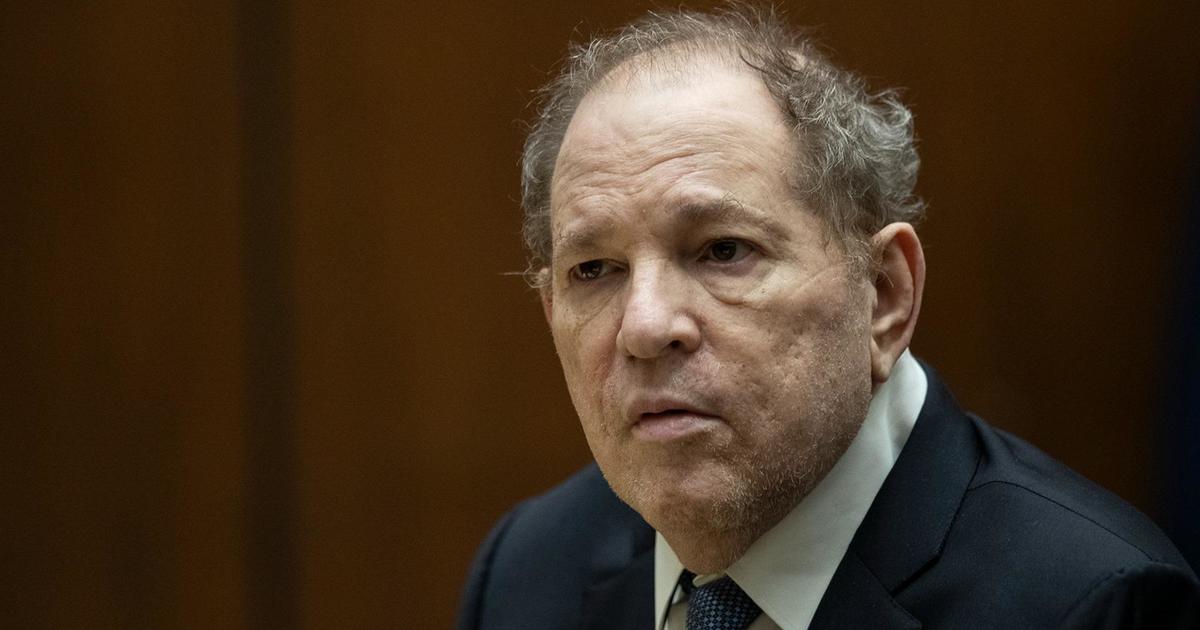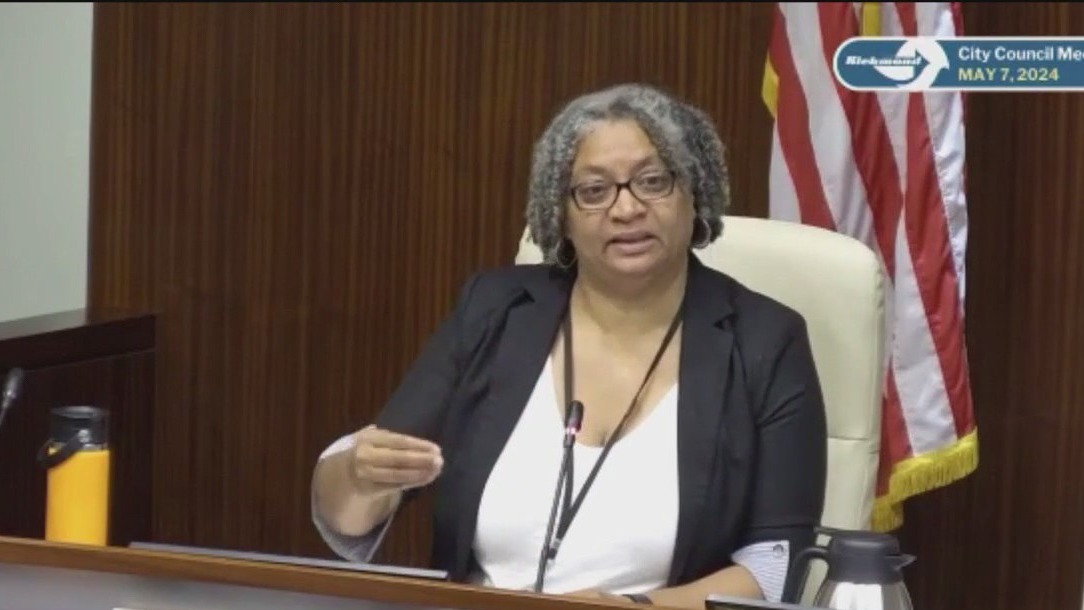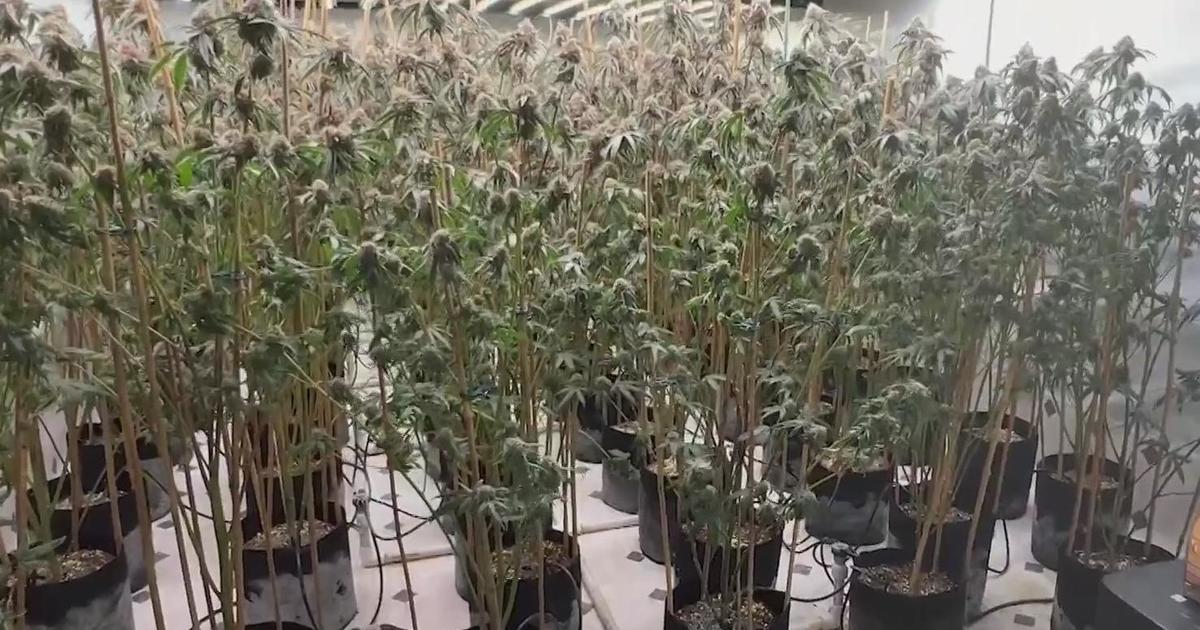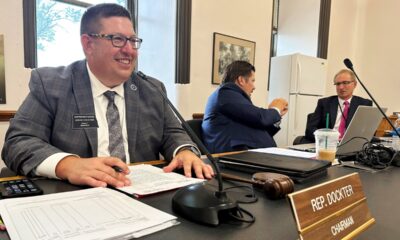California
Here’s why Weinstein’s conviction in California stands a better chance

Harvey Weinstein may be getting a new trial in New York after the state’s highest court tossed out his 2020 felony sex crime conviction. But his case in California likely won’t face the same fate, according to Los Angeles prosecutors and legal experts.
In December of 2022, a Los Angeles jury found Weinstein guilty of several counts of sexual assault and was sentenced to 16 years in prison two months later.
The major difference between the two cases is how each state handles the admission of evidence of uncharged allegations.
In California, state law allows the admission of allegations of sexual offenses not listed in the indictment — specifically in sex crime cases, in accordance with California Evidence Code section 1108. Prosecutors can bring forth evidence of a defendant’s past sexual misconduct, calling in witnesses whose accusations are not part of the charges against the defendant.
But in New York, no such law exists. In fact, the state specifically bars the admission of such evidence.
In its 4-3 decision Thursday, the state’s Court of Appeals described the allowance of such evidence during Weinstein’s trial as a series of “egregious errors.” In addition to several uncharged allegations of sexual misconduct, the Manhattan District Attorney brought forth evidence of things like Weinstein allegedly threatening violence against people who worked for him or photoshopping a female actor’s head onto another woman’s nude body.
The New York appeals court described such evidence as “irrelevant, prejudicial, and untested,” portraying him in a “highly prejudicial light” while trying him on charges of first-degree criminal sexual act and third-degree rape.
New York state law bars the admission of evidence of prior uncharged crimes or allegations in accordance with the “Molineux rule,” named after the landmark People vs. Molineux case. An appeals court acquitted Roland Burnham Molineux of murder in a ruling that established the “Molineux rule” as a constitutional safeguard protecting a defendant from the assumption of guilt because they committed other, similar crimes in the past.
In a statement, the Los Angeles County District Attorney’s Office said it was “saddened” by the New York appeals court’s decision. However, the DA’s office noted how the New York case is different from the one in California.
“The legal issues identified by the New York Court of Appeal are not present in the Los Angeles County case,” the DA’s office said.
Weinstein’s lawyer, Arthur Aidala, applauded the overturning of his New York conviction in accordance with state law.
“We knew Harvey Weinstein did not get a fair trial,” Aidala said during a news conference Thursday afternoon. “There are some people who are unpopular in society but we still have to apply the law fairly.”
Weinstein is currently incarcerated in New York at the Mohawk Correctional Facility.
On Friday, Gloria Allred called the conviction reversal a “cry out” for changes to New York state law. She called for a similar law as the one in California during a news conference alongside her client, Mimi Haley, one of the victims in the New York case.
“In California, we have a specific statute,” Allred said, referring to Evidence Code section 1108, which allows such evidence in sex crime cases.
“I think it’s important for the New York legislature to pass a specific statute in New York, which more clearly defines the admission of prior bad acts, witnesses and their testimony in New York — and is more protective of victims’ rights,” Allred said.
Haley said hard evidence including witnesses corroborating her allegation against Weinstein should be enough to prove his guilt. Weinstein was convicted of forcibly performing oral sex on her at his New York apartment in 2006. The appeals court tossed out the conviction for that crime but did not appeal Weinstein’s third-degree rape charge involving another victim.
But Haley said evidence of Weinstein’s other alleged sexual misconduct should be considered relevant — whether or not he was actually charged for it.
“I personally do think it’s important information to know about somebody’s character and their pattern,” Haley said.
Allred said the conviction reversal could have a chilling effect on victims, making them more reluctant to come forward and testify before a jury. Meanwhile, prosecutors could decide against filing charges for fear of making too weak of a case, particularly when dealing with defendants who have the kind of resources and legal representation as Weinstein, she said.
“They may feel that it’s more difficult without (evidence of) prior bad acts to prove guilt beyond a reasonable doubt, and therefore, they may decide not to charge the defendant or seek to indict at all — especially in high profile cases against the rich, the famous the powerful, well-connected defendants.”
While saying she does have some reservations, Haley said she would “consider” testifying against Weinstein in a new trial. She said preparing for the trial took two years and she faced harassment, but she wants to keep “speaking truth to power.”
“It’s a crucial moment in history to keep going and to keep standing up for truth,” she said.

California
California gets moisture, needs warmth – Brownfield Ag News

News
California gets moisture, needs warmth
An atmospheric scientist says the state that leads the country in fruit and vegetable production has recovered from drought but has a different threat to this year’s crops.
Eric Snodgrass with Nutrien Ag Solutions tells Brownfield California needs warm weather and the accompanying heading degree units so the crops will grow. “Just to think this through, the severe weather event that’s going on right now in the central U.S., that started out this weekend in the west and they had snow all the way down to the foothills of the Sierra Nevadas.”
Snodgrass says the north-south jet stream that is bringing severe storms to the Midwest is also responsible for the chilly air in California. He says the rest of the country is also looking at some cool nights between the 11th and 14th of May, which will also slow down growth there. “We get down there right below that 40 degree line early in the morning, and then sunshine comes out and we kind of break away towards warm. You’re not accumulating a whole lot of GDDs (Growing Degree Days) fast, in other words, as you plant the crop, it’s not like it’s going to emerge in a week. We’re going to have to get that cooler air out.”
Snodgrass says even with the chilly air in the forecast, he’s not expecting a major late frost event that would cause widespread damage to crops. As for moisture, Snodgrass says California had plenty of precipitation in December and January, and again in March and early April.
California
Richmond urges California to cut ties with PG&E

Richmond council urgles California to cut ties with PG&E
Richmond City Council passed a resolution that urges California to cut ties with PG&E
RICHMOND, Calif. – The Richmond City Council on Tuesday night passed a resolution urging California to cut ties with PG&E.
The resolution calls on the state to replace the utility company as California’s main power supplier, citing PG&E’s contributions to wildfires, shut-offs and rate hikes and reasons for the proposed split.
Councilmembers said they support a nonprofit called Golden State Energy to take over.
“We’re saying that ‘We, the city of Richmond, stand behind implementation of something already in place,’” Councilwoman Doria Robinson said.
The letter of support will now be sent to a number of state leaders including Gov. Gavin Newsom.
California
California cracking down on illegal marijuana grows, but dispensaries continue to struggle

Watch CBS News
Be the first to know
Get browser notifications for breaking news, live events, and exclusive reporting.
-

 Politics1 week ago
Politics1 week agoHouse Republicans brace for spring legislative sprint with one less GOP vote
-

 World1 week ago
World1 week agoAt least four dead in US after dozens of tornadoes rip through Oklahoma
-

 Politics1 week ago
Politics1 week agoStefanik hits special counsel Jack Smith with ethics complaint, accuses him of election meddling
-

 Politics1 week ago
Politics1 week agoAnti-Trump DA's no-show at debate leaves challenger facing off against empty podium
-

 Politics7 days ago
Politics7 days agoThe White House has a new curator. Donna Hayashi Smith is the first Asian American to hold the post
-

 News1 week ago
News1 week agoAs student protesters get arrested, they risk being banned from campus too
-

 News1 week ago
News1 week agoVideo: Police Arrest Columbia Protesters Occupying Hamilton Hall
-

 World1 week ago
World1 week agoNine on trial in Germany over alleged far-right coup plot














